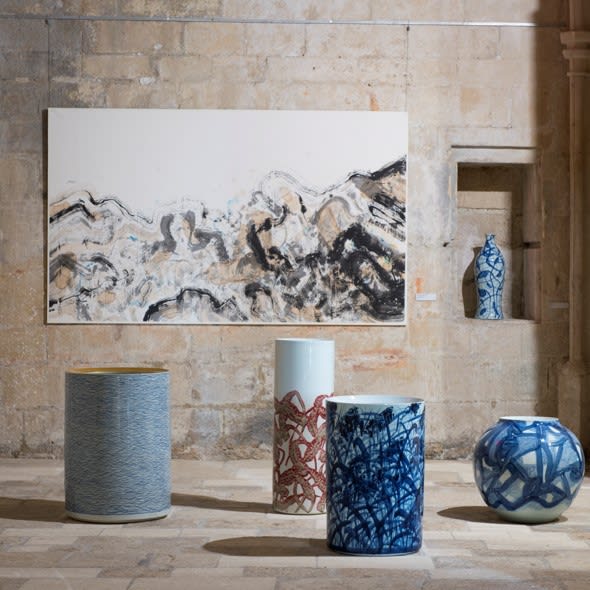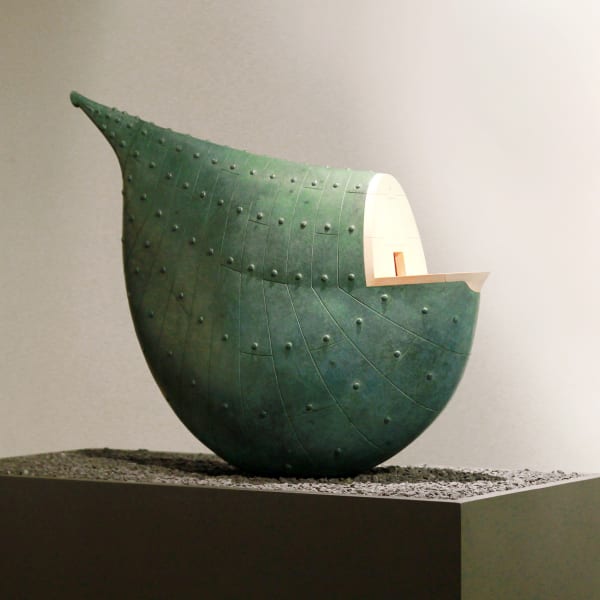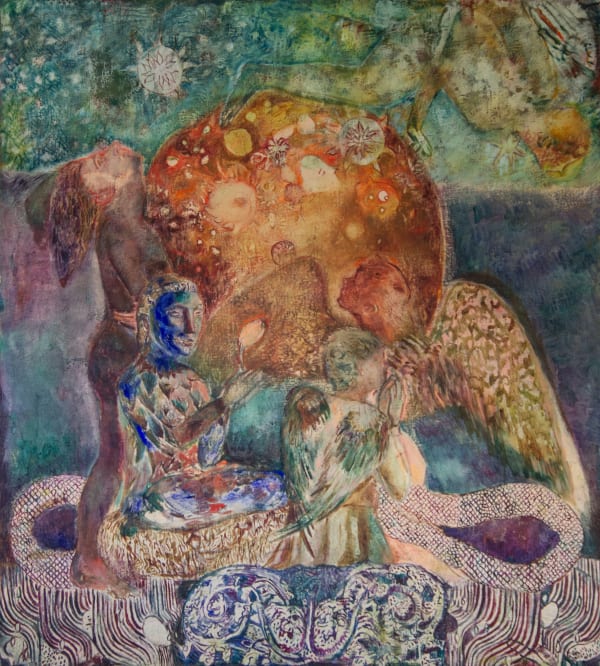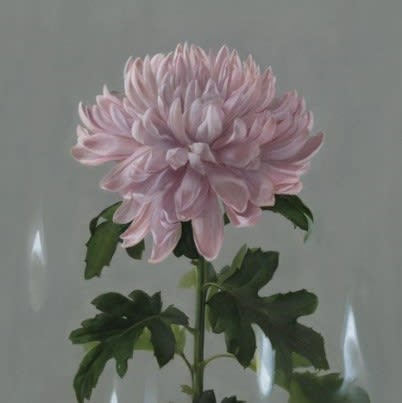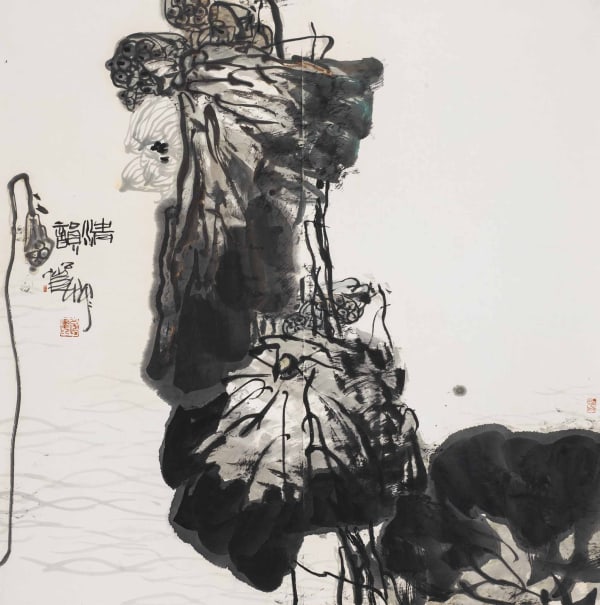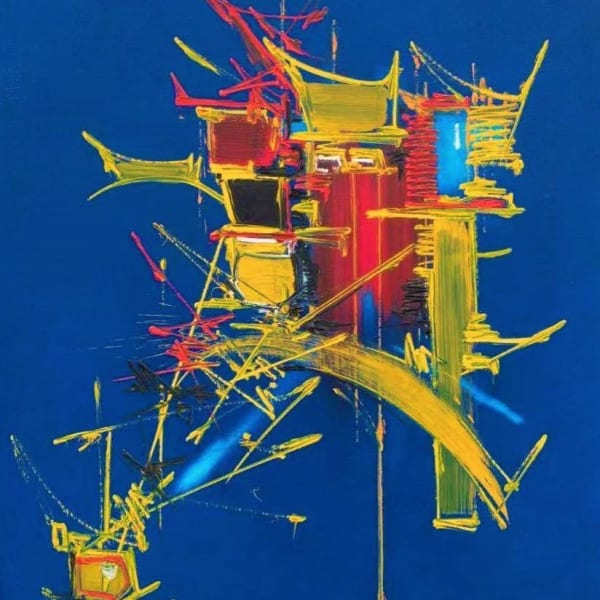-

Zao Wou-Ki 趙無極
-

Li Huayi 李華弌
-

Lalan 謝景蘭
-

Oswaldo Vigas 奧斯瓦爾多·維加斯
-

Ziad Dalloul 齊亞德・達盧勒
-

Xue Song 薛 松
-

Bai Ming 白 明
-

Chi Wing Lo 盧志榮
-

Matteo Pugliese 瑪蒂奧 ‧ 培利思
-

Paola Angelini 保拉・安傑利尼
-

Zhang Gong 張 弓
-

Atsushi Suwa 諏訪敦
-

Ai Xuan 艾 軒
-

Pan Gongkai 潘公凱
-

Ju Ming 朱 銘
-

Georges Mathieu 喬治 · 馬修
-

Myonghi 明 姬
-

Fang Shao Hua 方少華
-

Daido Moriyama 森山大道






